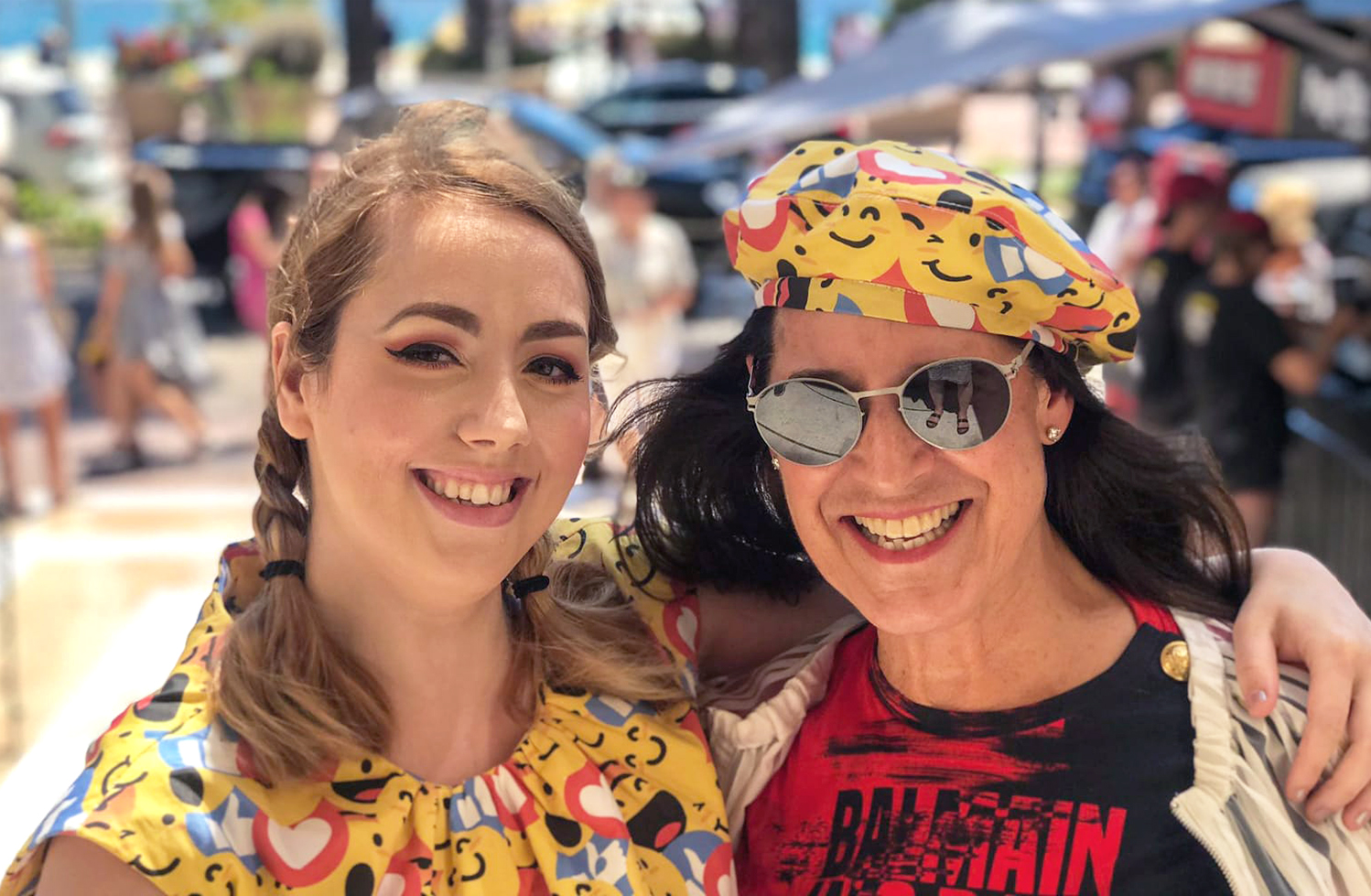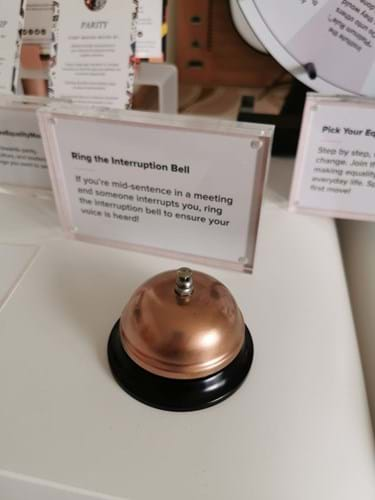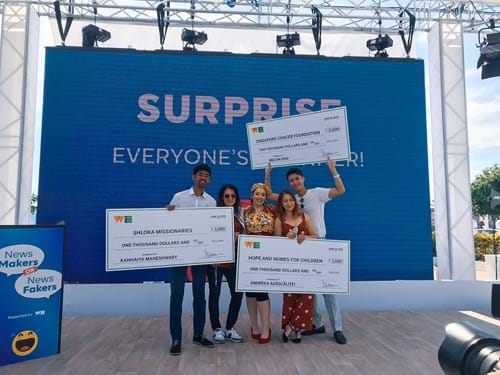

My 5 Takeaways from Cannes Lions 2019
Whether you were there or not, we can all learn something from this year's festival of creativity.
1. A lot of the best never reaches the rest
This was my first time at Cannes Lions, which is interesting because I spent seven years as an advertising copywriter, and yet didn't come to the industry festival until I'd left to become a journalist. Visiting for the first time this year really brought home to me the fact that people outside the comms industry very rarely see the best it has to offer.
Back when I was in agencyland, I used to see all the best brand communications, because naturally people in the industry talked about them and sent them to each other. But having been out of the loop for a while, I realised why the person on the street thinks ads are terrible — because a lot of the amazing stuff that wins awards just never crosses their radar.
Obviously, sometimes this is because the best work can be risky and it's therefore kept to a small, receptive audience (like judging panels). But often I think it's because the industry is such a bubble that it's easy to forget that amazing piece of work "everyone's talking about" is actually being talked about by everyone in agencies. And therefore the people behind it don't share it and shout about it like they otherwise might — because the people they talk to every day in the office kitchen have seen it ten times.
2. ...but it bloody well should
One of the most life-changing experiences I had at Cannes was sitting on a yacht watching the entries from this year's Athena Film Festival at an event run by the amazing 3 Percent Movement (because only 3% of Creative Directors were women when the organisation started).
The entries were ads and short films either made by women themselves or that portrayed them in a realistic, unstereotyped, progressive way. We saw a lot of incredible work in this session, but my favourite was an advert for UPS about a little girl who wants to be a pilot. It brought me to the edge of tears.
I never saw this video when it came out, but I'm going to share the hell out of it now. I hope some more of this kind of stuff breaks through the industry barrier, because real people deserve to see this kind of inspiring storytelling instead of another ad where a man fails at doing housework.
3. Women are the future
Of course, I knew this already, but there's nothing like seeing insanely accomplished women talking about their work to recharge the activist batteries.
At Cannes, I visited the Female Quotient lounge where women from companies like Amazon, Google and pretty much every agency network participated in panels, gave advice and just chatted to each other over iced coffee (and an unbelievable view).
Not only were the panels inspiring as hell (I particularly loved the one on 'storytelling with heart' and the concept of a 'return on equality'), there was the chance to get a professional headshot taken for free, a load of amazing merch that benefits the cause and some fun toys including this one that I think should be in all offices by law:

I was also lucky enough to attend a dinner of women who get stuff done with my idol Cindy Gallop, where I heard about Christelle Delarue's Les Lionnes campaign to call out sexism in French ad agencies [article in French]. I came away even more fired up to fight for fairness and equality — something that has a long way to go in my industry of tech journalism, too.
4. Separating the real from the fake is harder than ever
The big reason I was at Cannes with WE was to run our gameshow about disinformation, called News Makers or News Fakers. We asked our three contestants — all communications students and digital natives — about some viral creative campaigns from this year. All they had to do was tell us which were real and which were fake, but as we suspected, neither them nor the audience could judge with confidence.
That's not a failing of theirs whatsoever — it's proof of just how difficult it's become to separate fake news from real news. Especially now that some of the real news is getting so bizarre, it sounds like satire.
We had a great time playing the game and I think we all learnt something, but the key message is really serious. Brand communicators want to put ethical, positive messages into the world — but to do that, we have to help consumers learn what they can and can't trust.
If you're wondering what our examples were, my favourite was definitely this pop-up poo museum in Japan, which turned out to be absolutely real.
5. A great CEO leads with purpose, even when no one's watching
On the topic of our gameshow, I witnessed something that really inspired me after the show finished from WE CEO Melissa Waggener Zorkin.
Our three contestants had each picked a charity to play for, and the big reveal at the end was that not only were WE doubling the winner's donation, but the other two players' charities would each receive $1000 too. This unsurprisingly went down well with the audience and everyone was happy as we came off stage.


Then, Melissa approached the students — in a quiet area at the side of the stage away from the microphones — and after warmly congratulating them on their performance, said "I want to double all of your charity donations."
It wasn't part of the show, there were no cameras (except my smartphone which I used to sneakily get the shot above) — it was clear it was just something Melissa believed in and wanted to do. At a festival famous for back-slapping and self-congratulation, it was refreshing to see a CEO take positive action just because that's who she is.
The latest blogs from WE
Decoding Gen Alpha: A Primer on the Next Gen of Consumers
Why Gen Alpha Will Fuel Spending This Season
Why Reputation Is a Business Driver in Healthcare

